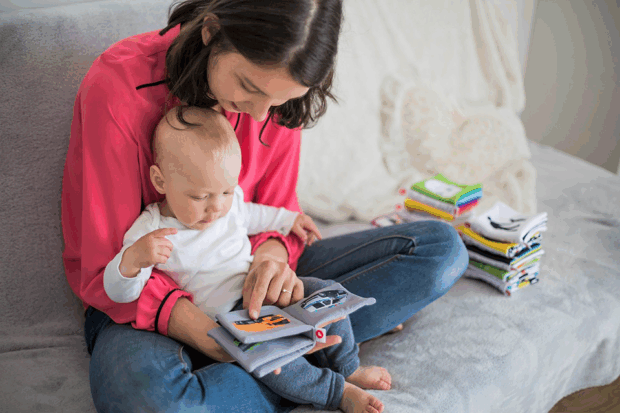
by guest blog authors Ros Greiner and Heather Bailey, of the Institute for Global Health, University College London
Cytomegalovirus (CMV) is a common virus which can cause mild flu-like symptoms. It can be more serious if it is passed on to a baby before they are born when it is known as congenital CMV (cCMV). This can happen if a woman catches CMV, or if she had CMV before and it becomes active again when she is pregnant.
Around 1 in 200 babies are thought to be born with CMV and a fifth of these may have long-term disability associated with the infection. This can include deafness and delays in how a child develops and learns.
In 2021, the UK NSC conducted a scheduled review of evidence relating to its recommendation on screening for cCMV and held a 3-month public consultation on that evidence.
As a group of researchers working on cCMV, we realised this was a unique dataset. The detailed and passionate responses contained a wealth of information about the lived experiences of children diagnosed with cCMV and their families.
We reached out to the UK NSC to propose conducting an in-depth analysis of the responses. We also contacted UK charity CMV Action, seeking its collaboration. Findings from the analysis have now been published in an article in the Journal of Health Services Research & Policy.
Read the full article here:
The project was funded by an Academy of Medical Sciences/Wellcome Trust/Government Department of Business, Energy and Industrial Strategy/British Heart Foundation/Diabetes UK Springboard Award held by Heather Bailey [SBF005/1058].
Our findings
We wanted to explore the views of people with personal experience of CMV in pregnancy or raising a child diagnosed with cCMV. We analysed the consultation responses to identify common patterns and experiences.
Most respondents were caring for a child with CMV-related symptoms. It is worth noting, however, that most children born with cCMV do not develop long-term symptoms, so their families’ experiences are less likely to appear in public consultations. This provides important context for our findings.
Families identified several missed opportunities along the often-lengthy journey from first noticing symptoms to getting a diagnosis. This caused them uncertainty, anxiety and distress. Families believed that not screening for CMV caused diagnostic delays, which they felt led to missed chances for treatments that might improve their child’s outcomes (for example, antiviral treatment or early therapies).
Families also highlighted issues of some medical staff not promptly recognising cCMV symptoms or lacking awareness of the condition. When diagnosis was delayed, families felt they missed out on psychosocial support for themselves and their children.
Overall, the consultation responses showed a range of experiences and unmet needs among families affected by cCMV. Our analysis highlights the importance of:
- improving awareness of the condition
- reducing diagnostic delays for children with cCMV symptoms
- improving access to information and psychological support for affected families
Implications
Our findings add to a small but growing body of research that explores families’ experiences of raising children with long-term disabilities caused by cCMV. Our approach of analysing anonymous consultation responses is fairly new, and we hope other researchers might use this approach in future. These analyses could increase the amount and quality of scientific papers that inform future UK NSC evidence reviews and related policy development, such as clinical training.
Through this work, we learned about the strengths and limitations of using UK NSC public consultation responses to study families’ experiences and opinions. This helped us suggest improvements to how responses are collected in future to make them more useful for research. For example, collecting basic background information (where respondents agree) would provide context and allow more detailed analysis.
We would like to thank everyone who responded to the UK NSC consultation on CMV screening in 2021 and 22 and shared their experiences, which made this research possible.
UK NSC evidence review process
The UK NSC reviews evidence on a wide range of screening topics and holds public consultations on potential recommendations.
These consultations give individuals and organisations the chance to comment on UK NSC evidence reports and flag any issues they think should be considered.
See UK NSC evidence review process for more information.
Keep up to date
The UK NSC blog provides up to date news from the UK NSC. You can register to receive updates direct to your inbox, so there is no need to keep checking for new articles. If you have any questions about this blog article, or about the work of the UK NSC, please email uknsc@dhsc.gov.uk.